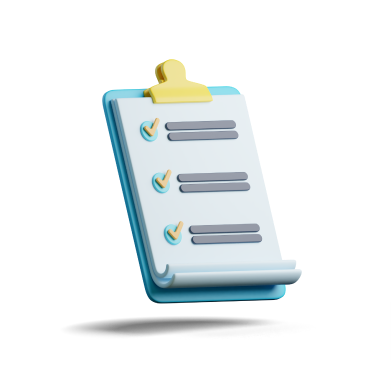What is QUVIVIQ (daridorexant)?
QUVIVIQ is a prescription medicine for adults who have trouble falling asleep or staying asleep (insomnia).
Important Safety Information
Do not take QUVIVIQ if you fall asleep often at unexpected times (narcolepsy) or if you are allergic to QUVIVIQ or any of its ingredients.
QUVIVIQ may cause serious side effects, including:
- Decreased awareness and alertness. The morning after you take QUVIVIQ, your ability to drive safely and think clearly may be decreased. You may also have sleepiness during the day. Sleepiness may increase your risk of falls.
- Do not take more QUVIVIQ than prescribed.
- Do not take QUVIVIQ unless you are able to stay in bed for at least 7 hours before you must be active again.
- Take QUVIVIQ at night within 30 minutes before going to bed.
QUVIVIQ is a federally controlled substance because it can be abused or lead to dependence.
Before taking QUVIVIQ, tell your healthcare provider about all of your medical conditions, including if you:
- have a history of depression, mental illness, or suicidal thoughts or actions; drug or alcohol abuse or addiction; a sudden onset of muscle weakness (cataplexy); daytime sleepiness
- have lung or breathing problems, including sleep apnea
- have liver problems
- are pregnant or plan to become pregnant
- are breastfeeding or plan to breastfeed
Tell your healthcare provider about all of the medicines you take, including prescription and over-the-counter medicines, vitamins, and herbal supplements.
- Taking QUVIVIQ with certain medicines can cause serious side effects. QUVIVIQ may affect the way other medicines work and other medicines may affect the way QUVIVIQ works.
- Do not take QUVIVIQ with other medicines that can make you sleepy unless instructed by your healthcare provider.
What should I avoid while taking QUVIVIQ?
- Do not drink alcohol while taking QUVIVIQ. It can increase the effects of alcohol, which can be dangerous.
- Do not drive, operate heavy machinery, do anything dangerous, or do other activities that require clear thinking if you do not feel fully awake, or you have taken QUVIVIQ and have less than a full night of sleep (at least 7 hours), or if you have taken more QUVIVIQ than prescribed.
QUVIVIQ may cause other serious side effects, including:
- Worsening depression and suicidal thoughts. Call your healthcare provider right away if you have any worsening depression or thoughts of suicide or dying.
- Temporary inability to move or talk (sleep paralysis) for up to several minutes, or hallucinations while you are going to sleep or waking up.
- Temporary weakness in your legs that can happen during the day or at night.
- Complex sleep behaviors such as sleepwalking, sleep-driving, preparing and eating food, making phone calls, having sex or doing other activities while not fully awake that you may not remember the next morning. Stop taking QUVIVIQ and call your healthcare provider right away if you experience a complex sleep behavior.
The most common side effects of QUVIVIQ are headache and sleepiness or tiredness.
These are not the only side effects of QUVIVIQ. Call your doctor for advice about side effects.
You are encouraged to report negative side effects of prescription drugs to the FDA. Visit www.fda.gov/medwatch or call 1-800-FDA-1088.
Please see full Prescribing Information and Medication Guide.




